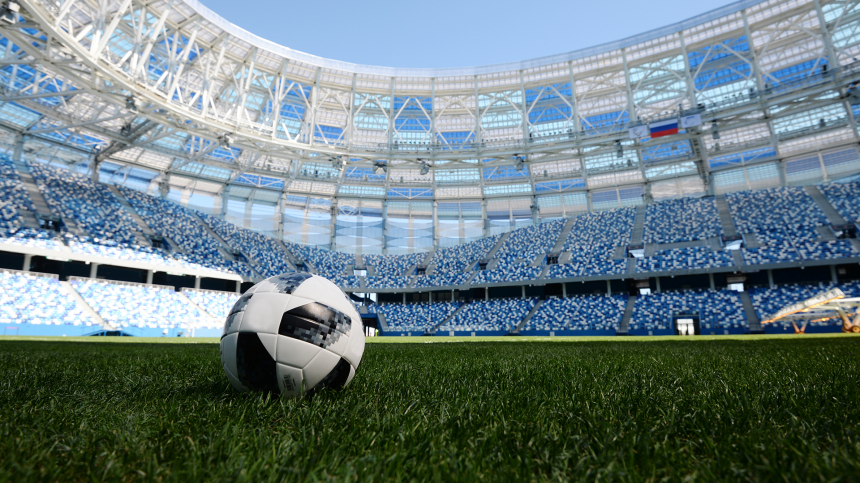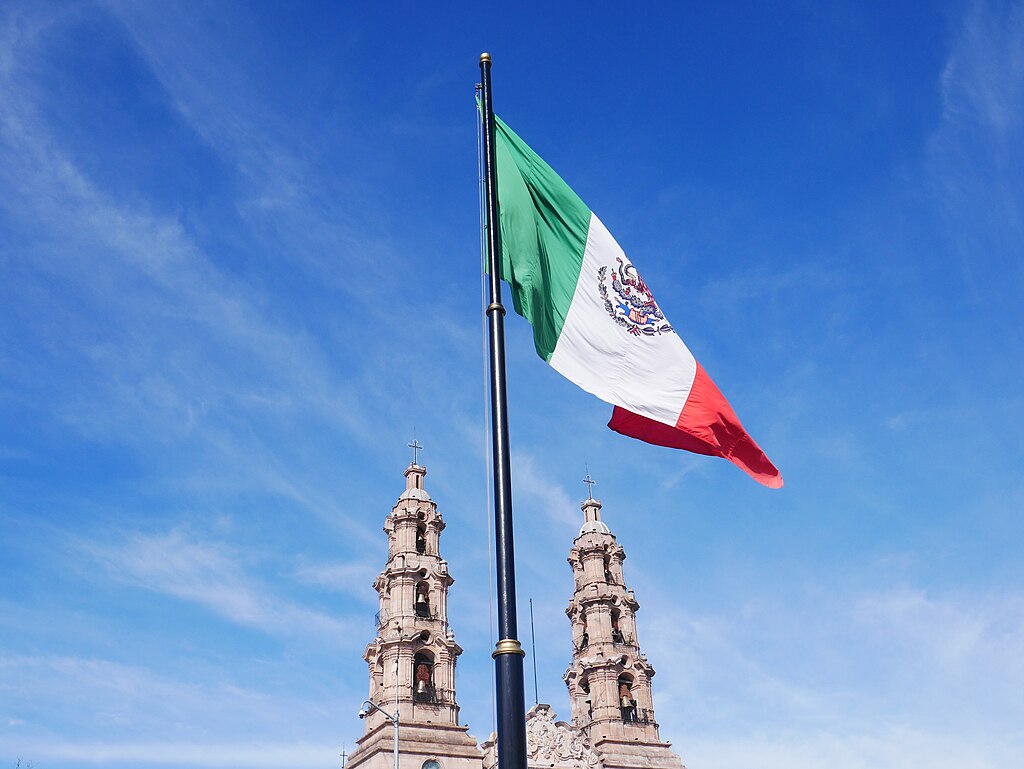Diplomatic Tensions Over Journalist's Detention
The detention of an Italian journalist in Iran sparks diplomatic strains as Italy demands her release amid complex geopolitical entanglements.
Published January 05, 2025 - 00:01am

Image recovered from thestar.com
The recent arrest of Italian journalist Cecilia Sala in Tehran has sparked a tense diplomatic standoff between Italy and Iran, drawing attention from global political observers. Sala, a journalist for Il Foglio, was detained on December 19, 2023, under accusations of violating Iran's Islamic laws. Since her arrest, she has been held in harsh conditions in Evin Prison, enduring solitary confinement and limited contact, which has become a focal point in Italy's political discourse.
Italy's government, led by Premier Giorgia Meloni, has summoned Iranian Ambassador Mohammad Reza Sabouri to express grave concerns and demand Sala's immediate release. Italian officials have emphasized the need for humane treatment and diplomatic respect. The ongoing negotiations are further complicated by the arrest of Mohammad Abedini, an Iranian citizen detained in Italy on a U.S. warrant related to a fatal drone attack in Jordan.
The Iranian Embassy in Italy maintains that Abedini faces false charges by U.S. authorities and demands his release, alleging his apprehension was unjust. Meanwhile, Italy demands not only consular access to Sala but also assurances of her humane treatment. Reports highlight Sala's harsh detention conditions, including sleeping on the floor and receiving limited personal goods from the embassy.
The case's complexity is heightened by historical precedents of using prisoners as bargaining chips in international relations. Observers speculate that Sala's detention may be linked to efforts by Tehran to negotiate Abedini's release. Italian President Sergio Mattarella and the Democratic Party have both publicly condemned the conditions she faces, advocating for her swift release amid mounting diplomatic pressures.
Apart from Italy's government, global human rights organizations and media freedom advocates are watching the situation closely. Sala's case underscores the broader issues of press freedom and human rights within Iran, where journalists, especially those with international affiliations, often face severe penalties under questionable legal pretexts.
Concurrently, Abedini's legal team contests his detention in Italy, arguing against extradition to the United States. His lawyer Alfredo De Francesco cites that the Iranian government owns the apartment proposed for his house arrest, suggesting a flight risk that complicates his legal standing. Milan's general prosecutor, Francesca Nanni, opposes his house arrest, emphasizing the challenges Italy faces in balancing international legal obligations with national diplomatic interests.
Italy's opposition parties, including the Democratic Party, are vocal in demanding the government intensify efforts for Sala's freedom. The case has become a significant national issue, reflecting broader themes of international diplomacy, media rights, and the ongoing geopolitical tensions involving Iran.
This situation unfolds against a backdrop of longstanding tensions between Iran and Western nations, recounting incidents since the 1979 U.S. Embassy hostage crisis. In these geopolitical entanglements, individual detention cases often become leverage points amid larger diplomatic games, impacting not just the countries involved but prompting discussions on international law and human rights norms.







